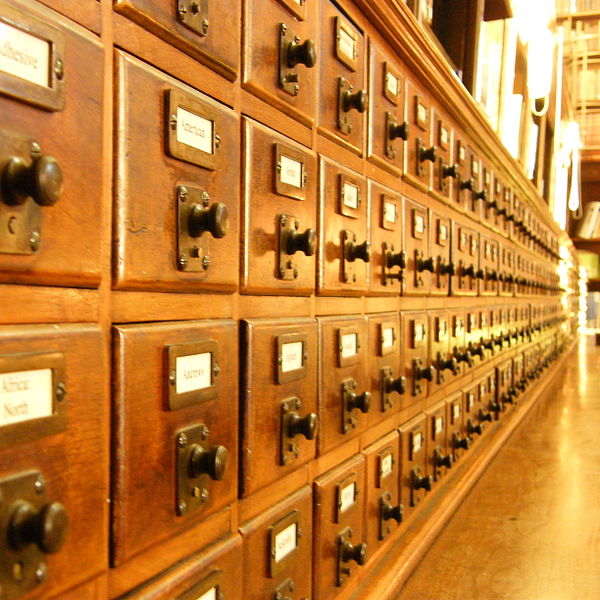Instruction
1
First of all, gather information, digging in home archives. It is important to know everything – names, dates, addresses, occupations. If you still have old photos, then they can be written the name and address of the Studio where the pictures were taken. Your grandparents could overleaf to record names and dates depicted in photos of people. On the old envelopes have home addresses in letters and diaries of private information.
2
After an initial phase of information gathering can continue the search in the Internet. There is a huge amount of data. If your ancestors engaged in social activities, were scientists, occupied some important office, then all this could be reflected in any books, articles, references on the history of institutions, cities, etc. you May also have to go to the library and find books, magazines, brochures which are not posted on the Internet.
3
All information about our lives one way or another is preserved in the archives. Birth certificates and death data on education, awards and other achievements. If you know where your ancestors worked or studied, please contact the archives of these institutions. If you have managed to trace the family history over the last century, then further research must continue in the urban archives. Metrics, data on military service, the inhabitants of villages and towns and more can all be found there.
4
You can do family history on your own or to hire a specialist. In many archives staff receive requests for the compilation of genealogical references. However, one must keep in mind that their services are paid. But some archives even for money such information is not given, so be prepared that you will have to understand hand-written documents on their own.
